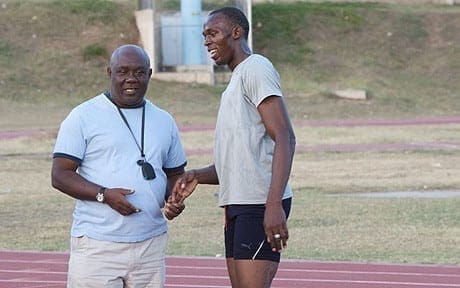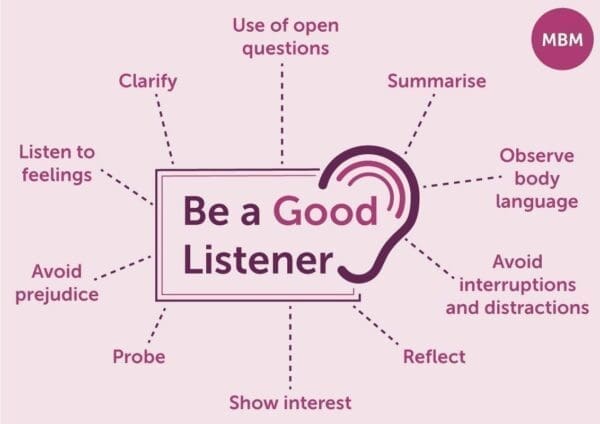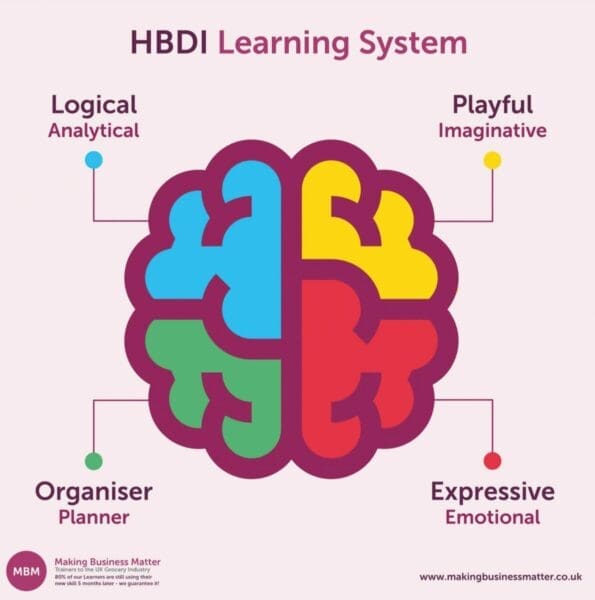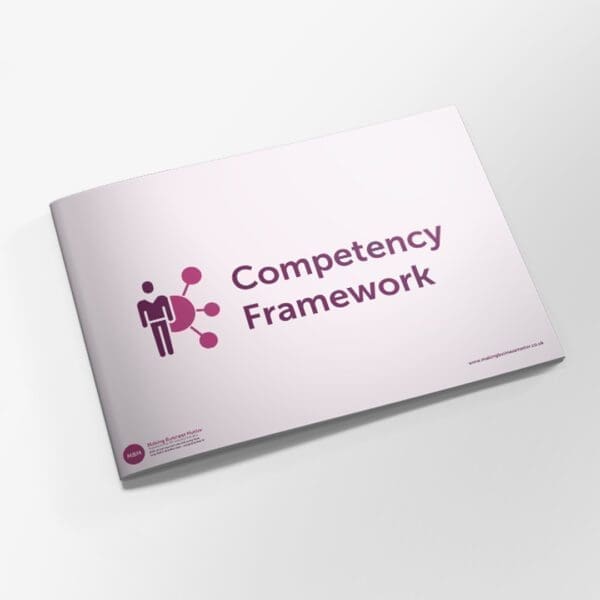These One Sentence Coaching Tips Will Help You to be a Much Better Coach, or Even to Start Coaching Your Teams. But Why Coach?
The Institute of Coaching reports that 80% of people who receive coaching report increased self-confidence, and over 70% benefit from improved work performance, relationships, and more effective communication skills. 86% of companies report that they recouped their investment in coaching and more. Ok, you’d expect them to say that. But let’s look at any Olympic athlete. Would Usain Bolt have achieved his records without his coach Glen Mills? No. So, we could all do with some coaching. Let’s start with your team – here are some tips on how you can start and/or how you can improve, with these one sentence coaching tips:
Coaching Tips 1-10
- 1. Start and make a mess of it but start.
- 2. Know that you do not need to be a subject matter expert to coach – Do you think Glen Mills can outrun Usain Bolt?

- 3. Know the difference between coaching and mentoring; coaches ask questions & listen, whereas mentors share their experiences.
- 4. There are many coaching models that you can use to guide you and G.R.O.W. is the most popular and stands for Goal, Reality, Options, and Way Forward.
- 5. A coach should do 80% of the listening and 20% of the speaking (asking questions).
- 6. You can find a whole bunch of great coaching questions to ask.
- 7. Buy a pack of our coaching cards to help you because they are only £9.95 and they will help you just enough to begin.
- 8. Read our Ultimate Guide to Coaching Skills.
- 9. Make sure your questions are open by starting each with either what, who, when, which, where, or how.
- 10. When you are listening to the reply to your question, don’t listen to reply, listen to understand.

Tips 11-20
- 11. A huge amount of the success of coaching is about coach and coachee chemistry, so if it is there, don’t push it to be.
- 12. Creating a platform that is open, confidential, and reassuring is critical to enabling the coachee to open up to you.
- 13. Holding the coachee accountable is a key part of the coach’s duty.
- 14. Encouraging the coachee to identify SMART goals in the goal stage of GROW is necessary to have tangible milestones that performance can be measured against.
Click on the below image for a high resolution version.

- 15. In the Reality stage of using the GROW model, a great question is, ‘What have you tried already to achieve this goal?’,
- 16. In the Options stage of using the GROW model, a great question is, ‘Who’s support do you need to achieve this goal?’.
- 17. In the Way Forward stage of using the GROW model, a great question is, ‘What 3 things will stop you from achieving this goal?’.
- 18. At the end of the coaching session ask the coaches to share their 3 big take-aways.
- 19. Evaluate your coaching session together at the end, with one thing that could have been improved for each person; coach and coachees, and one thing that was good for each person.
- 20. Encourage the coachee to write down their goals because writing your goals has much more commitment than just saying them.
Coaching Tips 21-30
- 21. As a coach you’ll need trust – see this model to help you understand what you can dial up and dial down.

- 22. Avoid providing the answers.
- 23. Don’t be tempted to fill the silence.
- 24. ‘Having a good coach is important and I owe much of my success to him,” says Usain Bolt.
- 25. Be curious.
- 26. Avoid using the ‘why’ question because it can receive defensive replies.
- 27. Many coaches skip the reality stage of GROW – don’t.
- 28. Understand your own and your coachee’s HBDI profile before you start.

- 29. It is not always necessary to set actions as sometimes the coachee needs time to reflect.
- 30. Sometimes you may need to offer advice, and if you do, seek permission first and explain that you are momentarily stepping outside the purest coaching approach.
Tips 31-40
- 31. When you listen, try to listen with these intentions; listen to learn, listen to understand, listen with feeling, listen with attention, listen with a focus on meaning, and finally listen to respond.
- 32. Challenge the coachee to be ambitious in their goal setting, and as long as they want that goal, and it is not your goal.
- 33. A great question: ‘What do you NOT want me to ask you?’.
- 34. Here at MBM we have found that the gate every coachee has to get through in order to start being coached is are they ‘up for it?’ and if the coach can identify that they are, start, and if not, do not start because you’ll just be dragging the coachee along.
- 35. What does great look like for coaching? See our coaching competency framework.

- 36. Understand your coachee’s learning style before you start.
- 37. Add the T and H to GROW, to make GROWTH – Tactics (things to do) and Habits (long-term change).
- 38. Create a PDP Personal Development Planner as you go. Download this useful template.
- 39. Use lots of open questions – Picture 5 bums on a rugby post – what, where, when, who, why, and also how (the ‘H’ is the Rugby post!).

40. Feedback can be easily given using the SBI model of Situation, Behaviour and Impact.
So there you have it, 40 one-sentence coaching tips to help you be the best coach you can be. Use one, use all 40, but either will give you a great step in the right direction.




